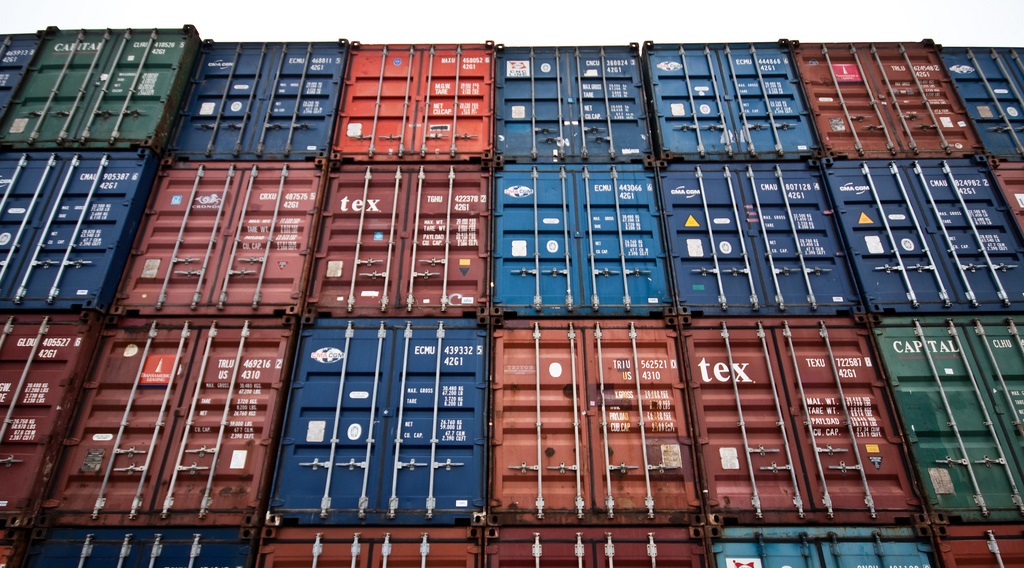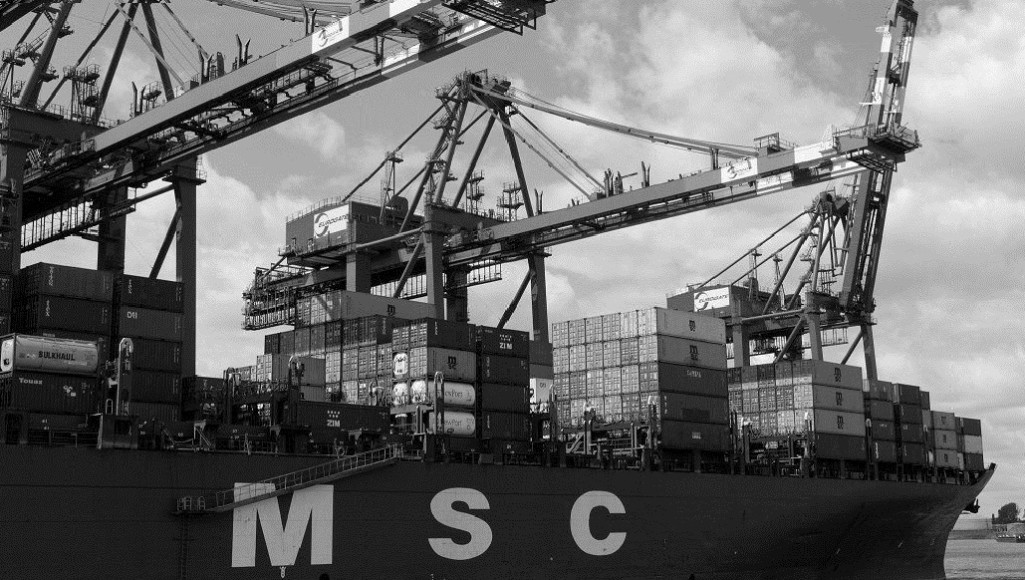Global sourcing is on the rise. Recent estimates suggest that intermediate input flows account for about two-thirds of the volume of world trade (Johnson and Noguera, 2012). Boeing’s production of the 787 Dreamliner exemplifies the growing involvement of foreign suppliers in U.S. manufacturing: 70 percent of the Dreamliner’s parts are sourced from 50 suppliers located in 9 countries. Meanwhile, during the last U.S. presidential election, we saw a backlash against international trade. Research, too, documents negative effects of increased trade integration. However, most of this evidence comes from trade in final goods. This paper examines the question: how do we analyze the phenomenon of firms increasingly sourcing intermediate inputs?
International Trade
The increasing globalization of the world economy is a prominent area of public debate. Issues of interest include the following:
The determinants of international trade and multinational activity
The implications of international trade and multinational activity for welfare and the distribution of income
The effects of trade liberalization on firm and aggregate productivity
The organization of firm production activities around the world
National trade policies and the World Trade Organization (WTO)
Latest articles
Gains from trade: evidence from nineteenth century Japan
Japan’s nineteenth century opening to world commerce after a long period of economic self-sufficiency provides a natural experiment to test the theory of comparative advantage and the gains from trade that it predicts. Drawing on a wide range of historical sources for data on prices, output and trade flows, this research finds that the country benefited from a significant boost to GDP in the years following its forced reintegration with the global economy. The evidence constitutes a strong indication of the potential costs of rejection of today’s open system of world trade.
How tax rates influence the migration of superstar inventors
This paper shows that taxes affect the international location decisions of the best “superstar” inventors. Higher tax rates lead to a significantly lower share of superstar inventors remaining in their home country and a lower share of foreign superstar inventors who move to the country. This may have significant fiscal and innovation costs for a country that should be taken into account when setting tax policy.
Why currency devaluations are losing economic punch
Competitive devaluations are again becoming a popular macroeconomic policy. For example, a competitive devaluation was one of the three pillars of Abenomics, the economic policy of Shinzo Abe’s administration to fight secular stagnation in Japan. It was also discussed as a potential tool for debt-ridden southern European countries, had they been able to abandon the euro.
But while Japan reduced the value of the yen by 50 percent relative to the US dollar between 2012 and 2015, the impact on trade and employment was underwhelming. The Economist derided the policy as an “uncompetitive devaluation.”[1]
Reducing the cost of living: how global retailers improve household welfare in Mexico
Big-box retail stores arriving from foreign countries have transformed the way Mexican households shop for goods, sparking a “supermarket revolution”. Traditionally, consumers in developing countries have shopped at street markets and small, independent stores. However, consumers have switched to shopping at foreign retailers, who offer a larger variety of products at cheaper prices. Despite concerns that foreign retailers might adversely affect local employment and household incomes, our evidence shows that allowing them to operate their businesses in Mexico has generated substantial welfare gains for households across the income spectrum by lowering the cost of living, while having limited impacts on total employment, incomes, and local businesses closing.
Hurting or helping competition? An examination of exclusive dealing contracts in the European automobile industry
Do European car manufacturers make exclusive dealing contracts with their retailers to keep out new, smaller suppliers (mainly from Asia) and in turn, hurt competition? The manufacturing industry could collectively maintain an exclusive dealing system through a block exemption regulation, which would require exclusive dealing through manufacturers’ retailers. Our research shows that if these exclusive contracts were banned, consumers would benefit from allowing dealerships to have more than one supplier and consequently, more brands of cars in stock. However, consumers would not benefit much through increased price competition, in contrast to what is commonly believed.
The productivity effects of importing inputs: evidence from Hungary
Improved access to foreign inputs has increased firms’ productivity in a number of countries. Analysing data for Hungary, this research explores the channels through which imported inputs boost productivity and finds that the positive effects are particularly strong for foreign-owned firms.
The dynamics of labor market adjustment to trade liberalization
How long should we expect the labor market transition following a trade liberalization episode to last? To what extent will the potential gains from trade be reduced due to the slow adjustment of the economy to the new trade equilibrium? What are the characteristics of the workers who will lose the most from trade liberalization?
Prices, markups and trade reform
In our globalized economy, information about the costs, benefits, and distributional consequences of lowering trade barriers is essential to policymakers trying to decide if a particular agreement should be supported. This research fills an important gap in our knowledge concerning the effects of reducing trade barriers when firms have some degree of monopoly power.
Climate change: the potential impact on global agricultural markets
Many fear that climate change will have severe effects on the global economy, particularly through the threat to food production and farmers’ earnings. This research suggests that much of the potential harm could be avoided if farmers can switch their crops in response to changing relative yields.














